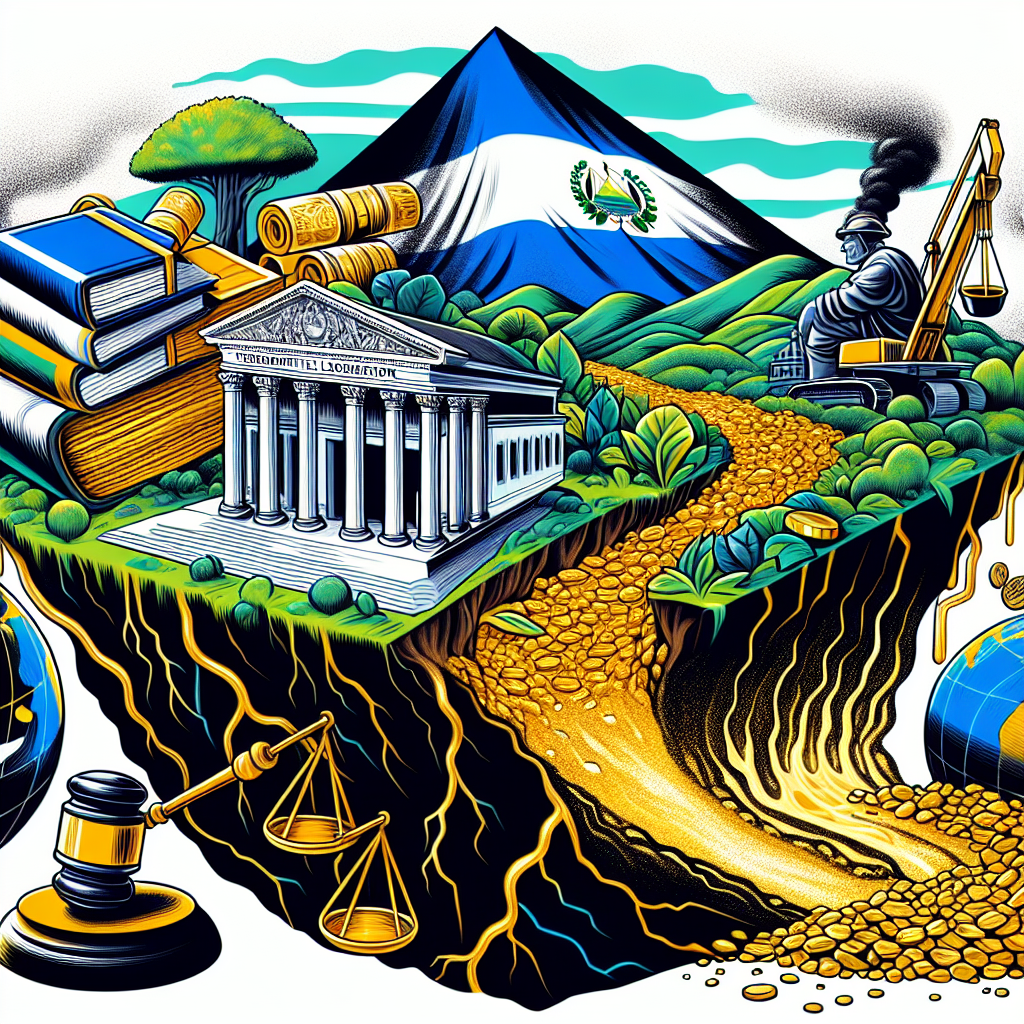Tag: Legislation
The state of Missouri may soon become the first in the U.S. to hold Bitcoin in a strategic ...
Chile is taking progressive strides by rallying its legislators to consider Bitcoin as a strategic reserve. Evidence of ...
Following the historic move of adopting Bitcoin as legal tender, El Salvador has introduced a new piece of ...
Pennsylvania Legislators Eye Bitcoin With Strategic Reserve Proposal The state legislature of Pennsylvania is considering the introduction of ...







